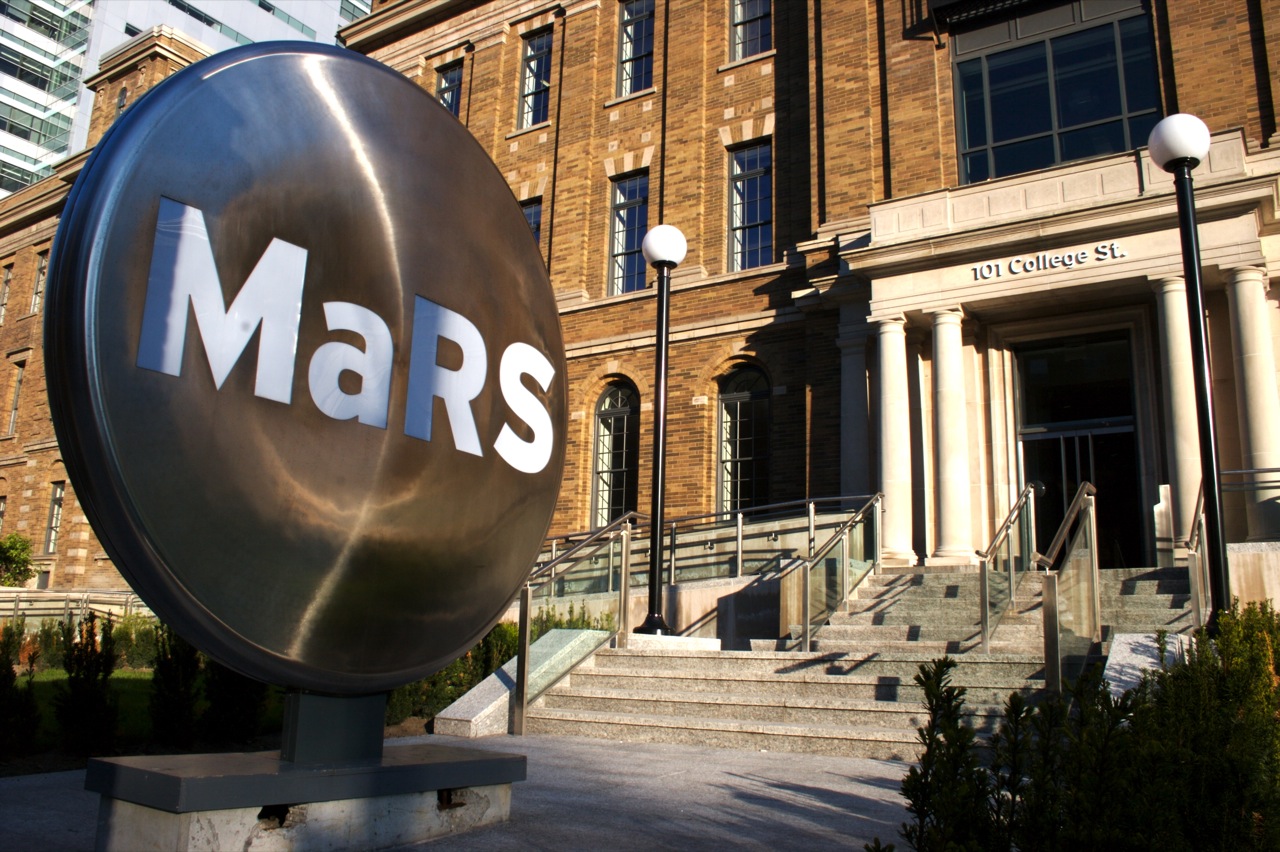- Toronto and New York City have both established their own ecosystems for fostering startups aimed at solving the big global problems.Now partnerships between the two offer a case study in how to establish a multi-city pipeline to fuel investment, innovation and real-world application of next-generation technologies.This thinking could create a meaningful East Coast challenge to Silicon Valley.
Toronto, New York City, and other east coast business hubs are looking for new opportunities to help their startups scale by jointly competing with Silicon Valley’s established tech community. From healthcare to energy to finance to defining the future of work, cities traditionally known for big industry are jumping into the startup game. A budding alliance is forming between a growing list of partners outside of Silicon Valley to build sustainable, scalable and accessible innovations that tackle the world’s largest problems and benefit from established global infrastructure only cities like New York, Toronto and Boston can provide.
Indeed, there’s a fresh spike in public and private sector partnerships on the East Coast, in particular – especially at the city level – to deliver innovations that address civic issues and help close socioeconomic gaps. The emerging partnership between tech leaders in Toronto and New York City, for instance, aims squarely at building technology that delivers impactful utility and improves people’s lives. Both cities have established their own respective ecosystems for solving the big global problems. Now, they’re pooling assets, mindshare and deal flowto amplify those efforts through partnerships like the newly-minted one between Toronto’sMaRS Discovery Districtand New York’sGrand Central Tech.

More broadly, Toronto and New York City provide a useful case study in how to establish a multi-city pipeline to fuel investment, innovation and real-world application of next-generation technologies. After all, Toronto and NYC working together can lead to stronger business networks and streamlined deal flow by bundling startups with market-ready solutions in both cities. Proximity is often crucial to securing venture capital investment. In fact, a report from Fast Company points out that the average distance between funders and startups is only 80 miles. While VCs and investors are increasing travel to New York and Toronto to hear pitches, select investments and meet with people bent on changing the world, co-locating startups in one central location will accelerate investment opportunities.
The startup community is also beginning to flow back and forth between the two global cities to partner with strategically aligned corporations and institutions, scale production, recruit talent and expand supply chains across industries. The link uniquely benefits upstarts, like Toronto'sThinkData Works,BioConnect, andOverbond, that maintain Toronto-based headquarters, but use NYC office space to grow industry footprints and expand international operations. The two-way innovation flow also extends to academic institutions teaming up for research and development. In fact, Ryerson University's business-focusedThe DMZrecently partnered with NYC's The Primary to offer coworking space for startups with global ambitions. Meanwhile, University of Toronto-backedCreative Destruction Labisreplicatingits startup launching and scaling programs for students at NYU's Stern School of Business.
Cities, for their part, are increasingly dedicating personnel and assets to working with local tech communities to improve education, infrastructure, healthcare and other government-driven elements of people's lives. New York City's MayorBill De Blasioand Toronto's Mayor John Tory are both prioritizing investment in new innovations, recruiting talentaway from Silicon Valley, local workforce re-training and public-private partnerships that use tech to address important civic demands. Individually, these cities have created hubs, like the new $50 million Sidewalk Labs Toronto waterfront-redevelopment partnership, that benefit from a confluence of ideas emanating from public, nonprofit and private sector stakeholders. Together, they have tremendous potential to compete on the same level with Silicon Valley, mutually benefit from local discoveries and innovations, disrupt entire industries and, more importantly, change lives around the world.
The days of total Silicon Valley domination are numbered. I'm confident that partnerships between cities, startups and research-focused academics that produce local innovations transforming global industries - fromenergy and transportationto finance and healthcare - will seal that fate. Meanwhile, it's up to Toronto, New York City, Boston and other east coast cities leading this shift to strengthen alliances, expand networks, improve talent and tech mobility between cities and earnestly work together to address humanity's greatest challenges.
Salim Teja is the President of Venture Services at MaRS.


